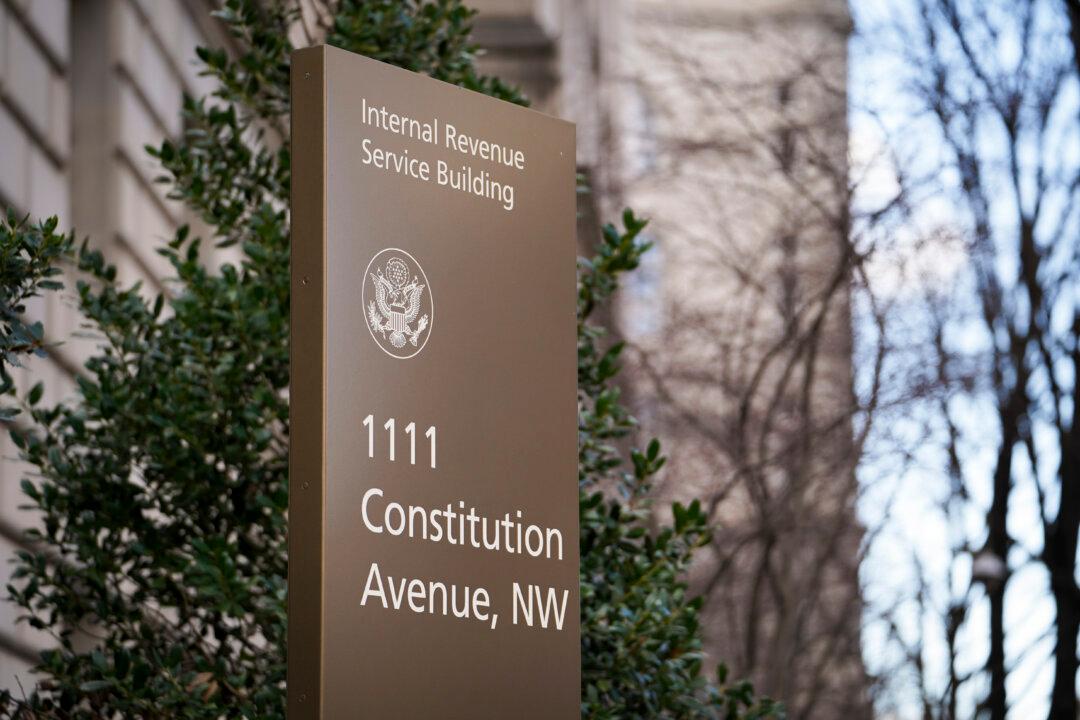Commentary
Sen. Mitt Romney (R-Utah), whose supporters cringed as they watched him swerve from trouncing President Barack Obama in one of the most devastating, lopsided debate victories in the history of presidential contests, to lacerating himself repeatedly with avoidable gaffes whose accumulation likely lost him the 2012 election, quipped in one of the worst of those stumbles that “corporations are people.”





